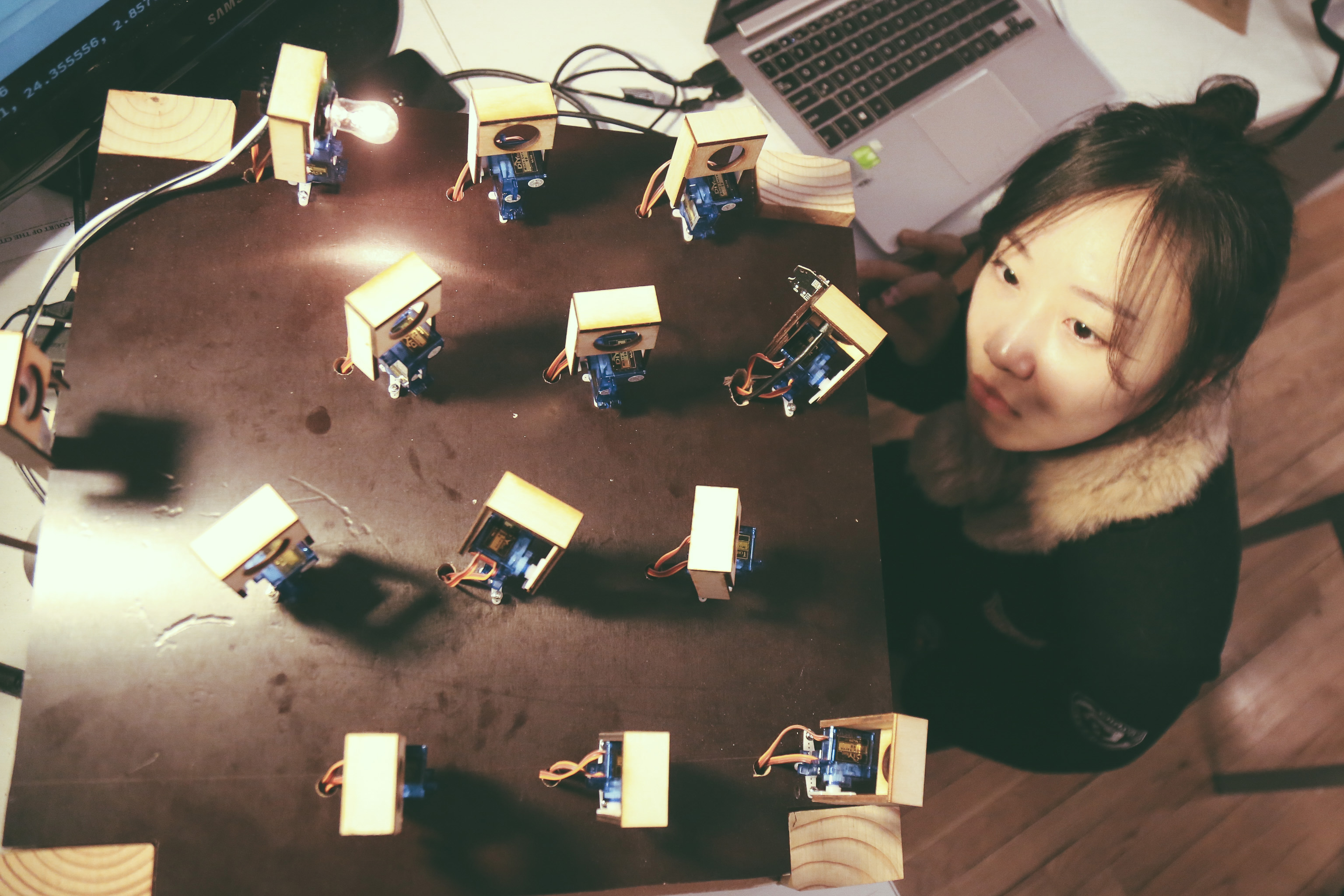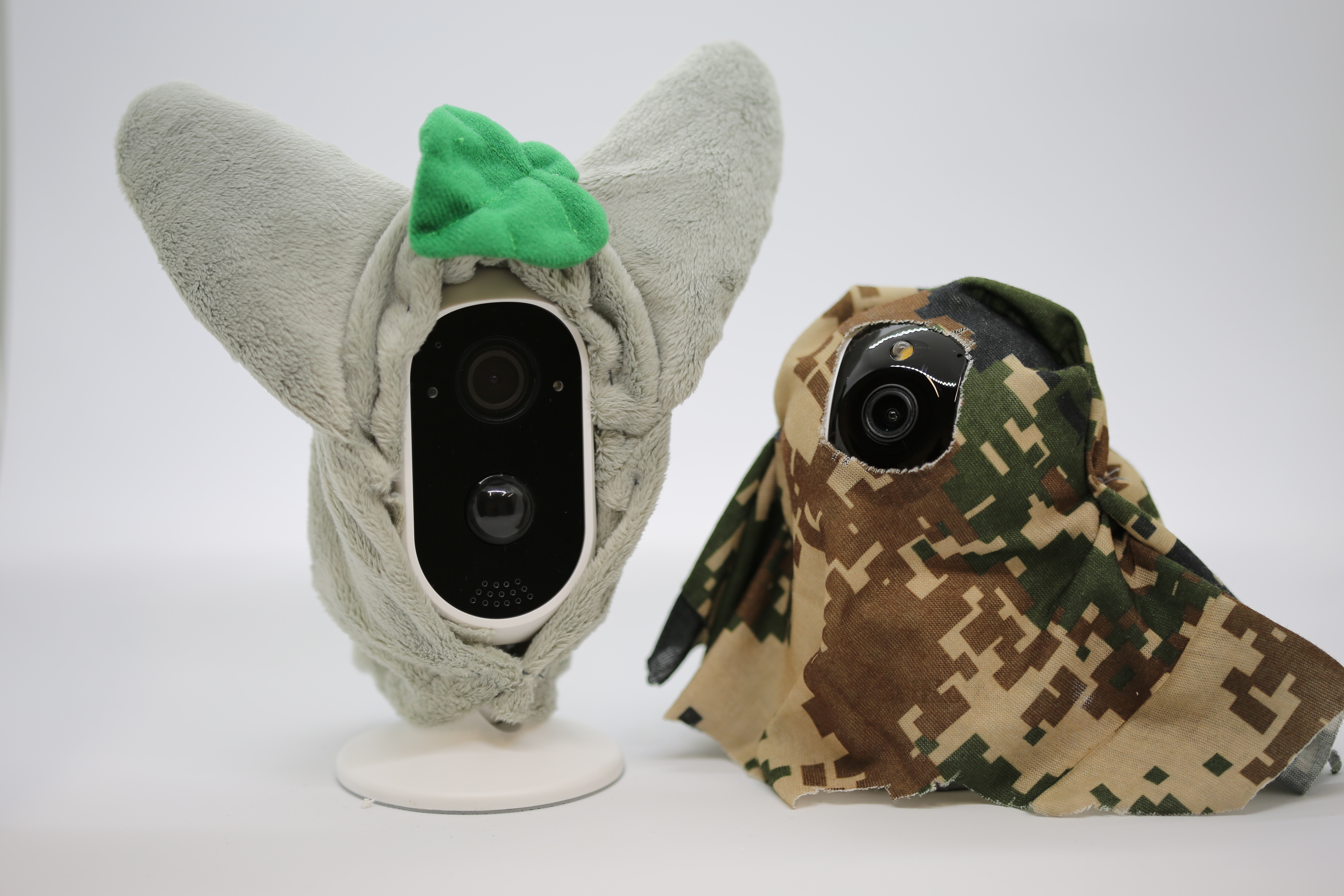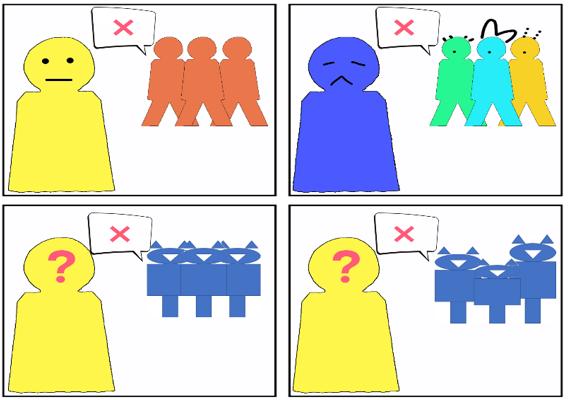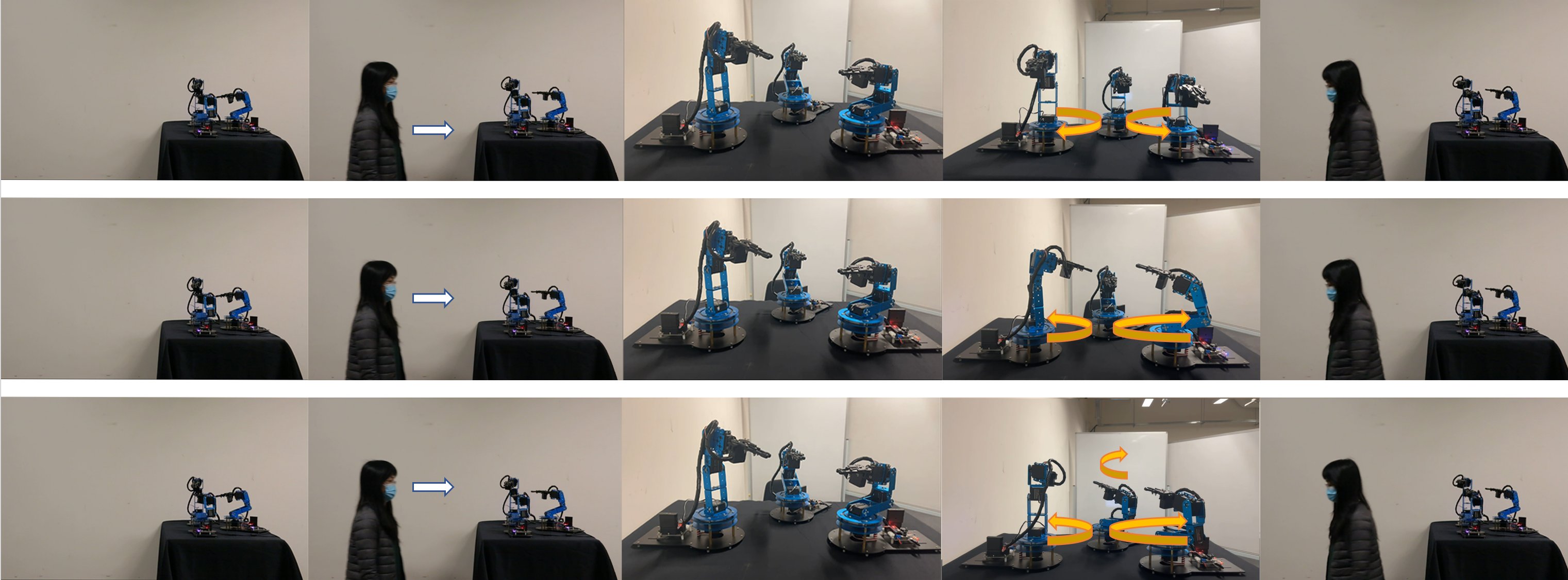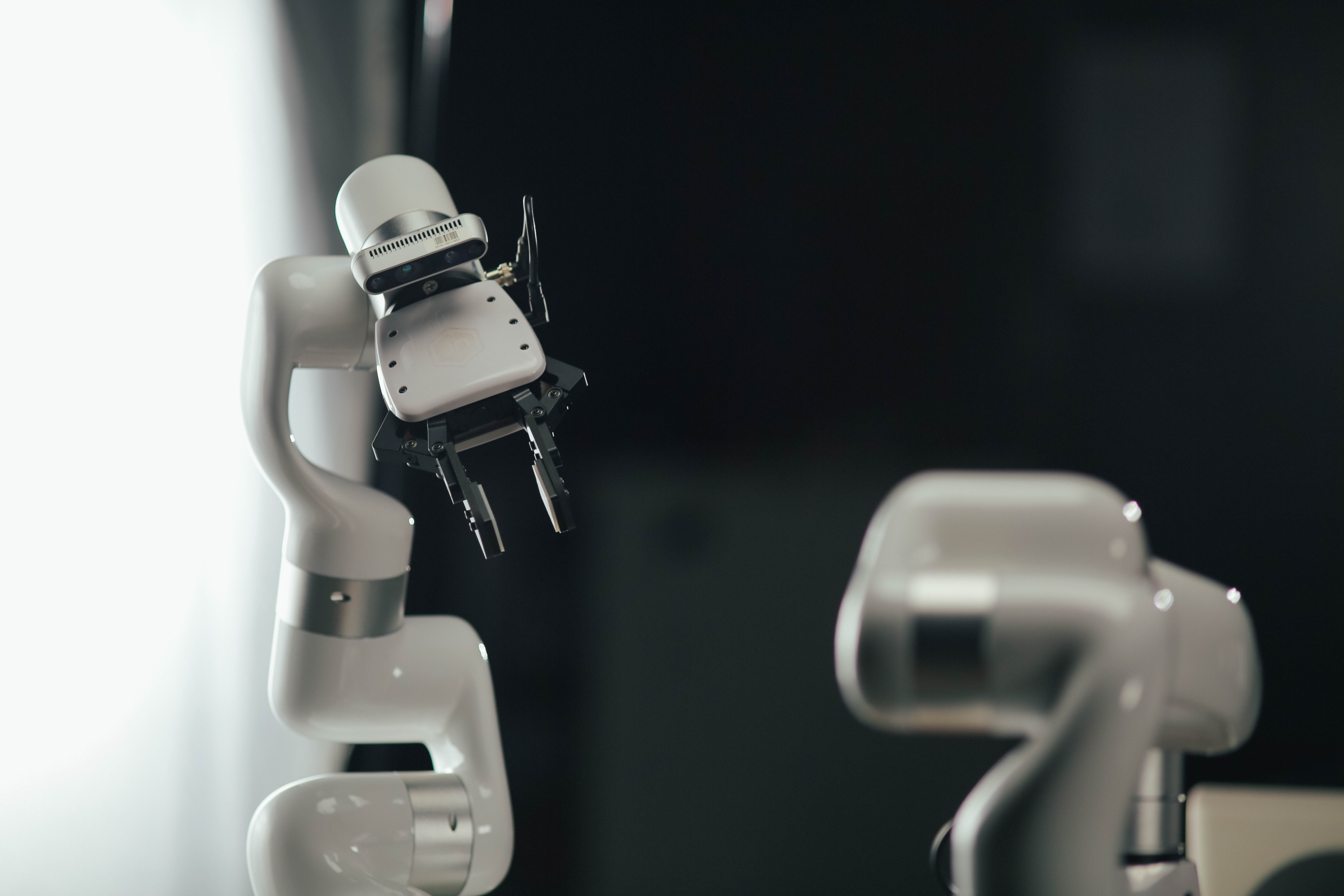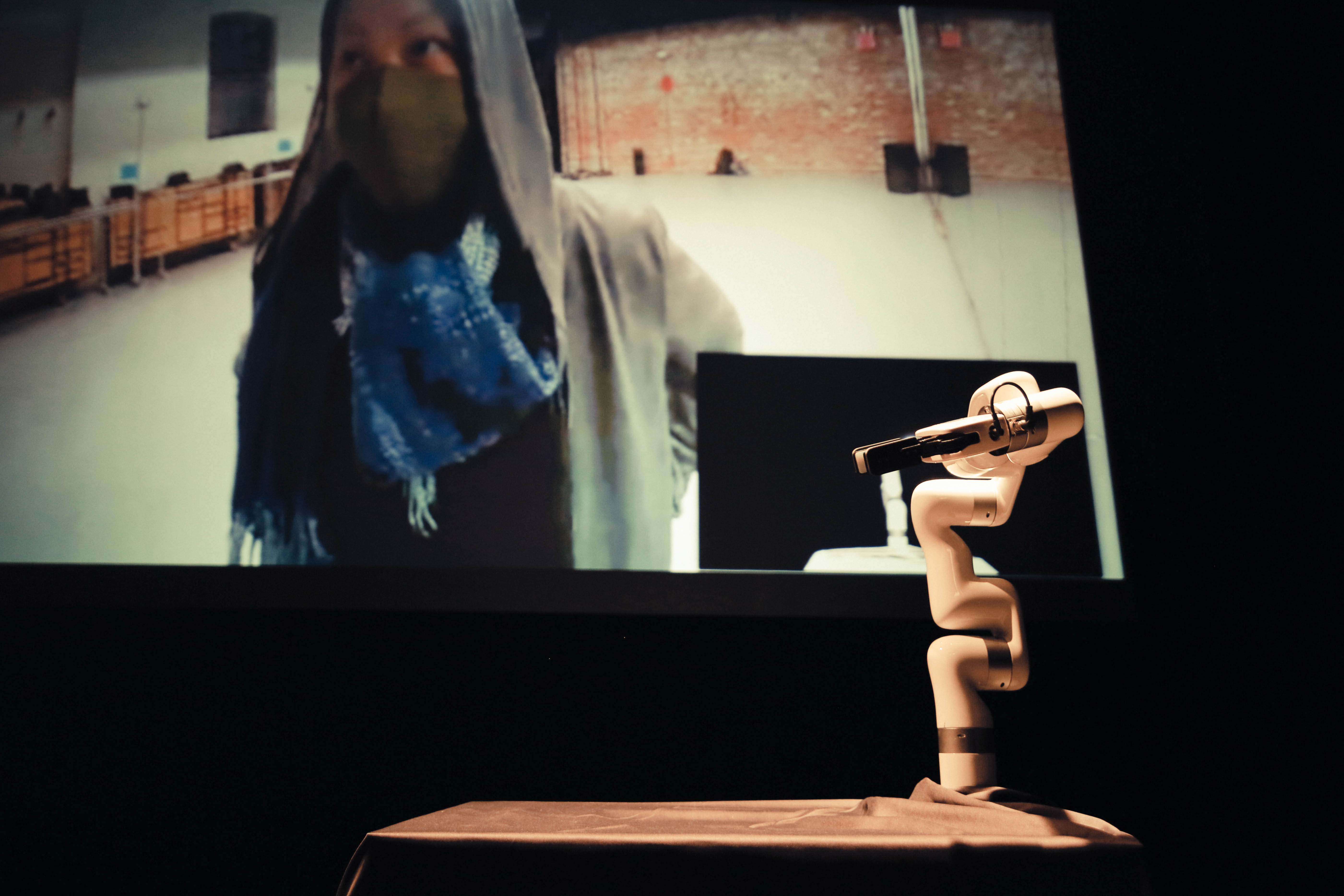The way we interact with more ubiquitous robots in the future will involve human-like emotional interactions. For example, what happens if we interrupt a robot at work, and the robot stares at us? Our work investigates how groups of social robots in the environment react in human-robot collaborative contexts. In one example recent work for HRI, we investigated the cohesiveness of robot groups, termed entitativity, and how it affects humans' willingness to engage with the group and alter their perception of threat and cooperativity. To see how group composition affects how people perceive negative social intent from robots, we showed subjects videos of ways that humans are socially rejected by robots under high and low entitativity conditions. The results reveal that when robotic groups are have less entitativity (cohesiveness), the sense of rejection is greater, showing that humans experience increased anxiety over being rejected by more diverse groups of agents. We seek to understand how the social consequences of robot group dynamics are perceived, and hence avoid unanticipated conflict and negative perception of robot responses.
For more information, please visit https://recfro.github.io/pubs/
